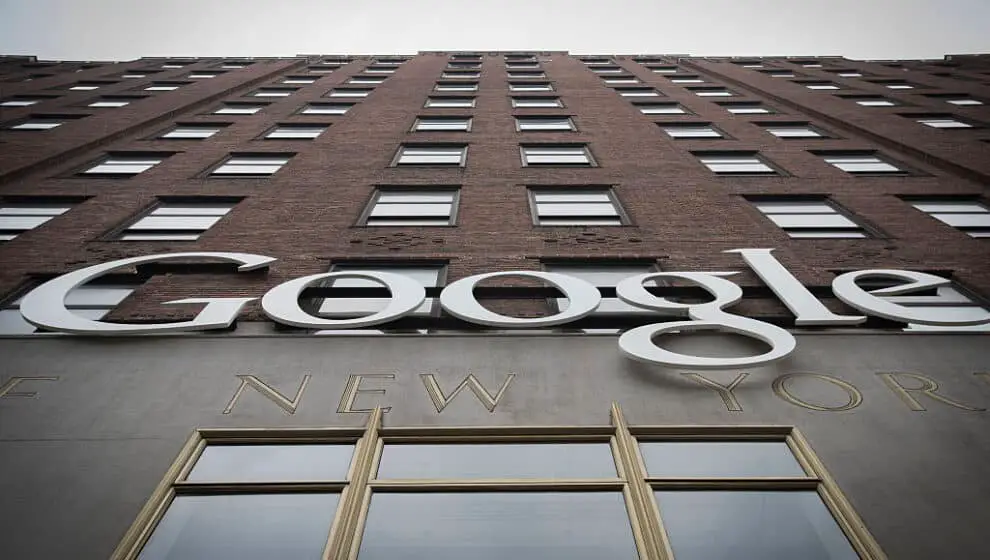Two of Google’s leading artificial-intelligence (AI) researchers warned that chatbots were the future—and Google executives did not take their advice.
Key Details
- Google has fallen far behind the competition in the AI arms race, as Microsoft has taken the lead by integrating OpenAI’s ChatGPT into its Bing search engine and customer-support software.
- Researchers Daniel De Freitas and Noam Shazeer appealed to Google to advance chatbot technology, saying it would revolutionize AI technology.
- The two were repeatedly turned down and told their AI tools didn’t meet Google’s safety standards. Both men left Google in 2021 to start their own company, The Wall Street Journal notes.
- Google only announced its Bard AI on February 6, while Microsoft began beta testing ChatGPT in Bing on February 22.
- The world’s largest search engine is now two months behind the cutting edge of its competition.
Why It’s Important
AI research has been one of Google’s leading research areas, most recently with its developments surrounding the LamBDA AI. However, Microsoft beat the tech giant to market by integrating ChatGPT into its productions—leaving the tech giant scrambling to catch up.
Google had good reasons to be cautious about AI. The company has faced years of AI controversies that have made it wary, having fired an employee over claims that LamBDA AI had become sentient and firing another employee over claims that the AI contained implicit racial biases.
Notable Quote
“Google is struggling to find a balance between how much risk to take versus maintaining thought leadership in the world,” says former Google project manager Gaurav Nemade.
Alternative Perspective
If Google does have an opportunity, it might be to create a better alternative to ChatGPT. As we previously reported, the first wave of user interactions with chatbots has not gone well. The chatbots—both ChatGPT and Bard AI—consistently source information incorrectly, and after extended periods of time, they begin to dialog erratically and say strange things.
Chatbots are powerful but imperfect technology. The first mover advantage has already been shaken by Bing’s partially restricted extended use of the AI, meaning that the first significant company with a stable and reliable AI could retake the market.
